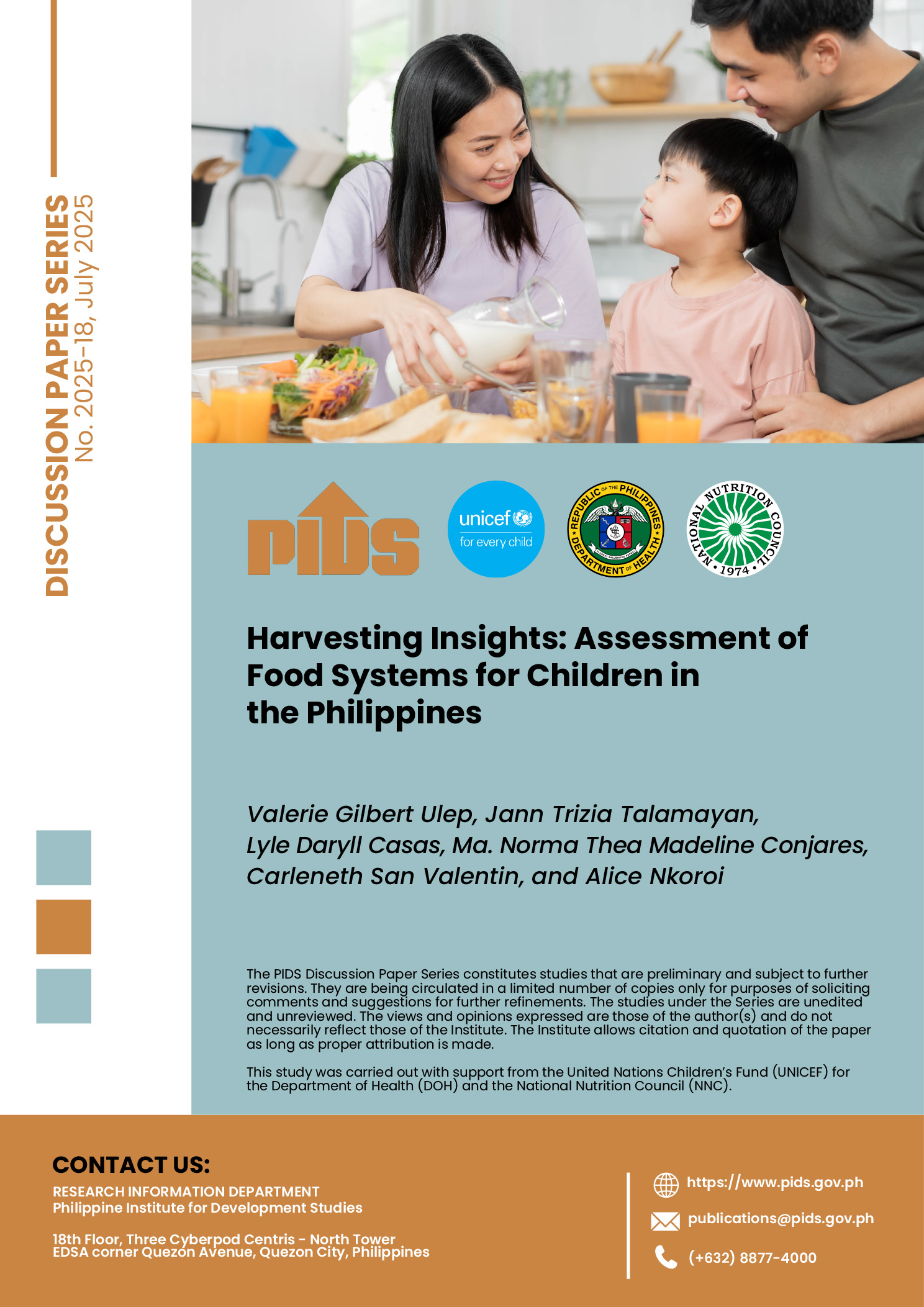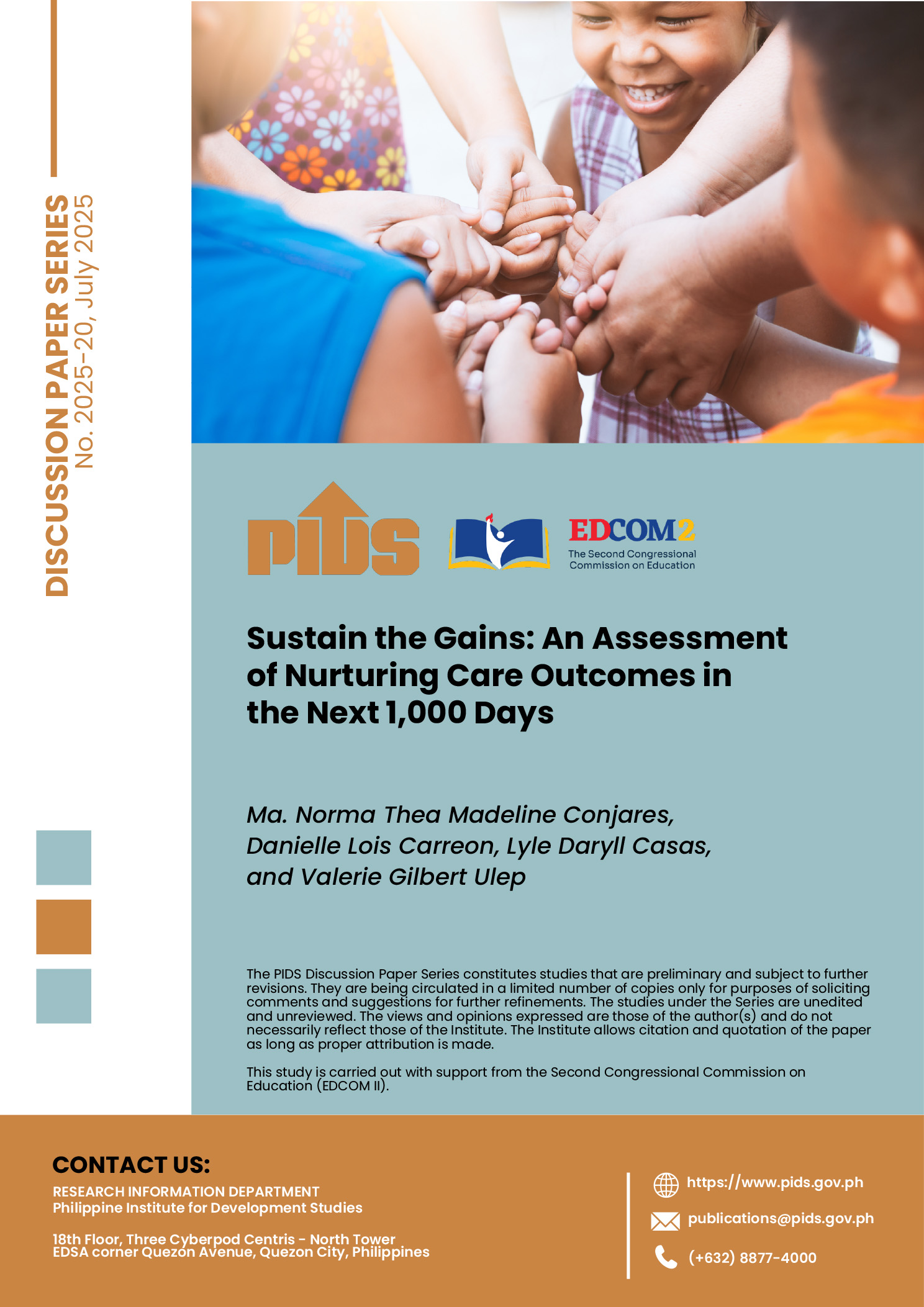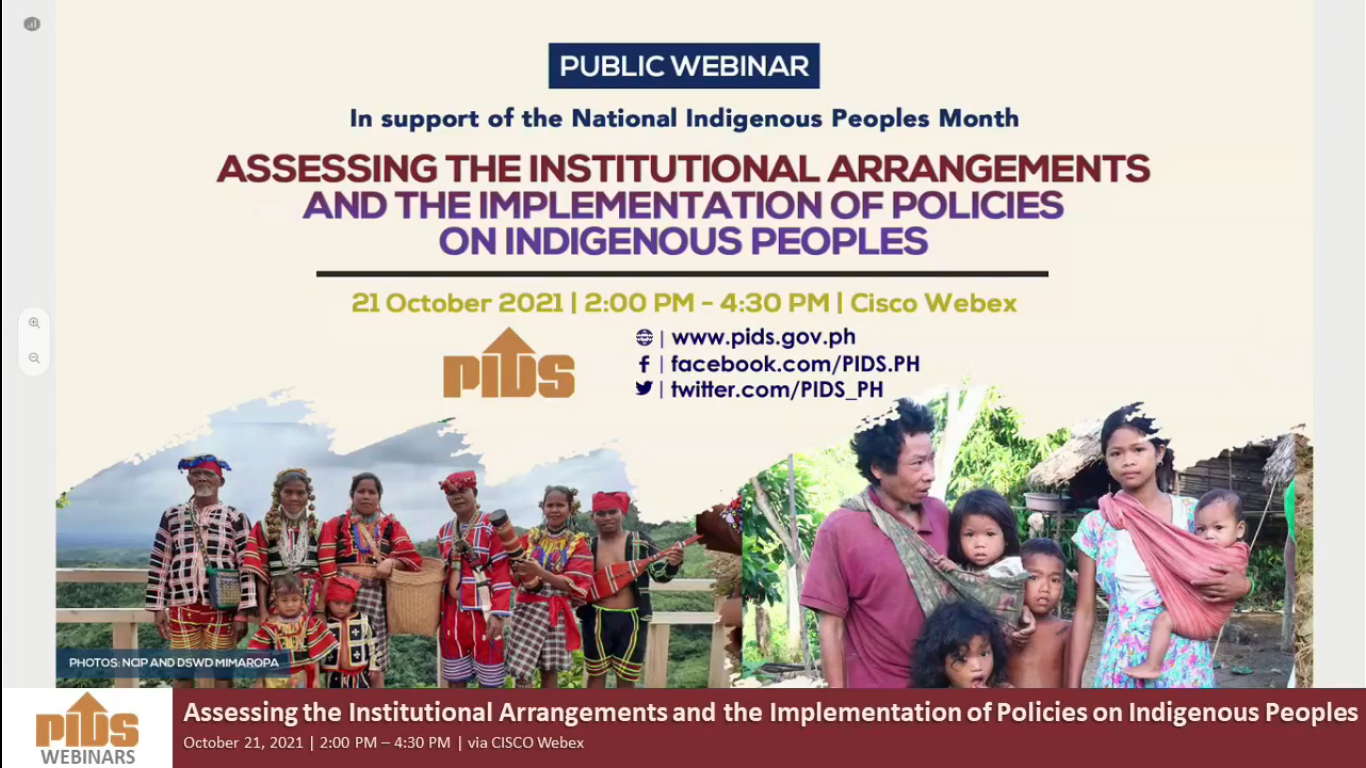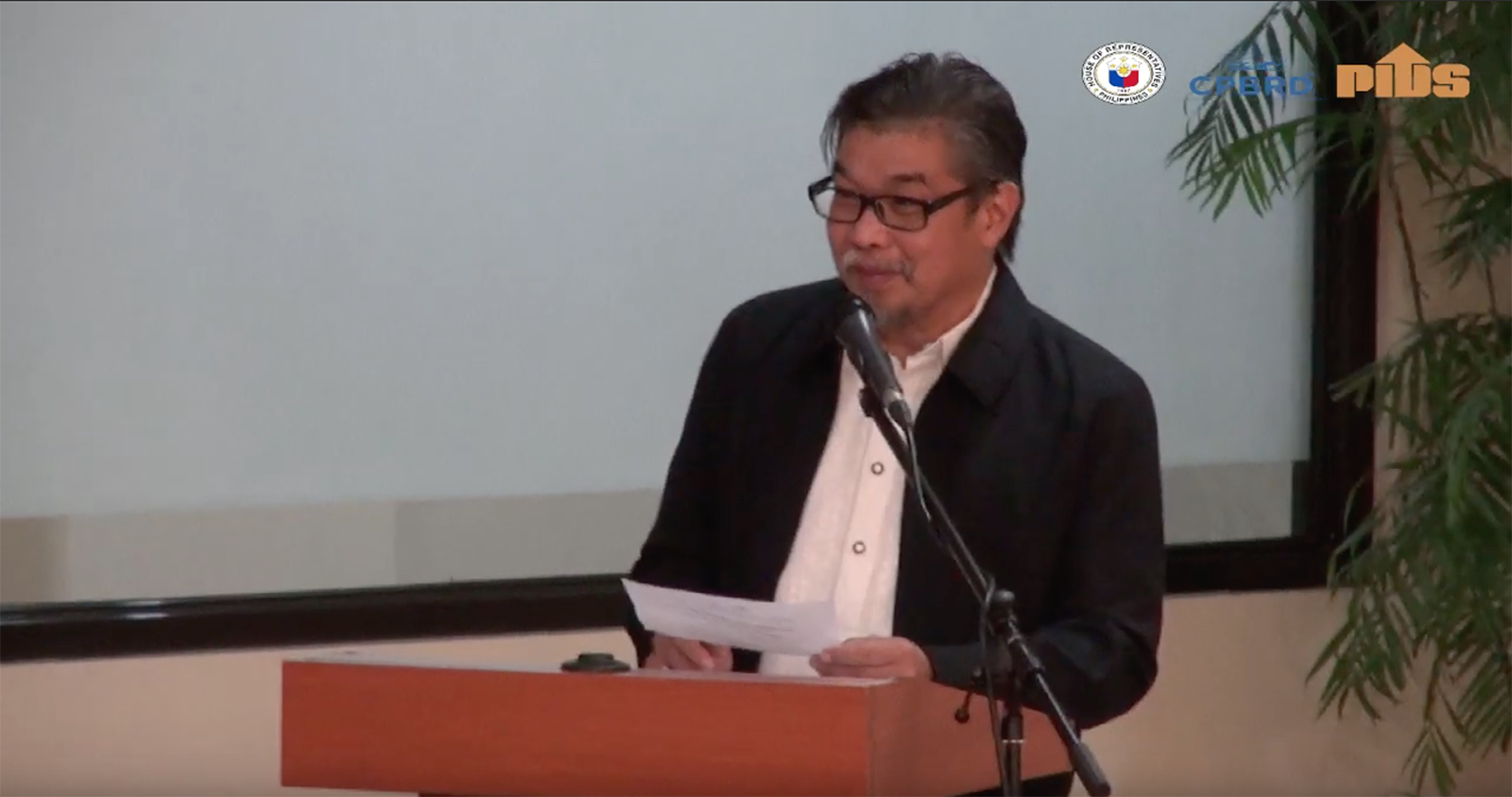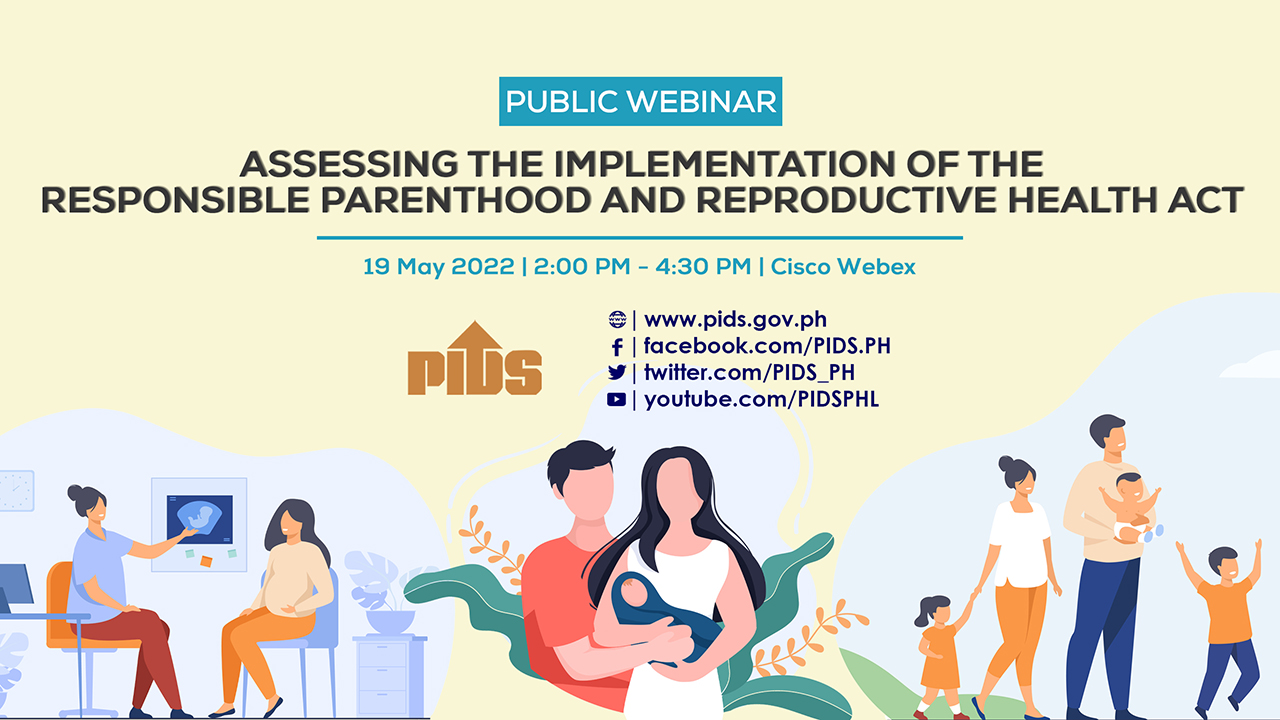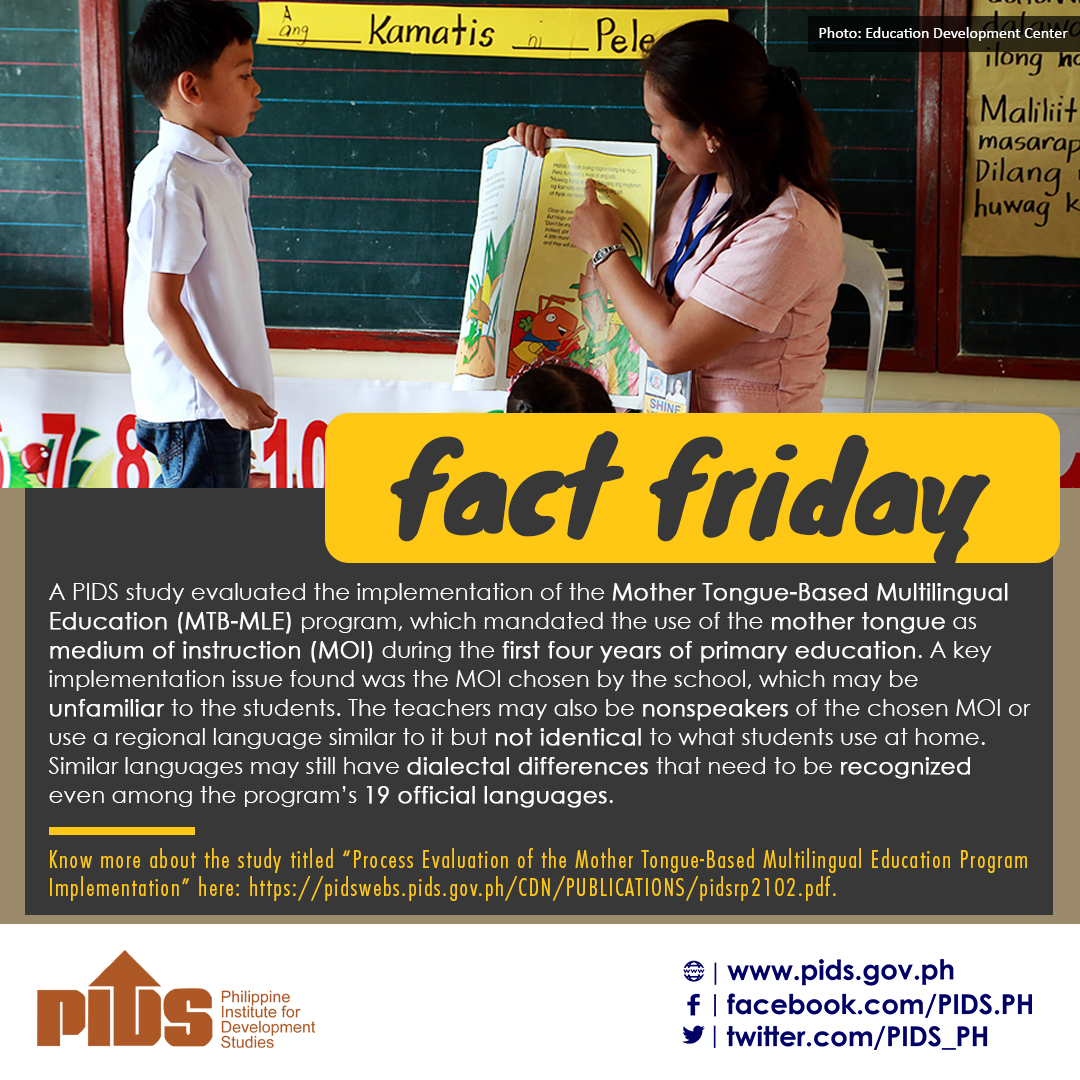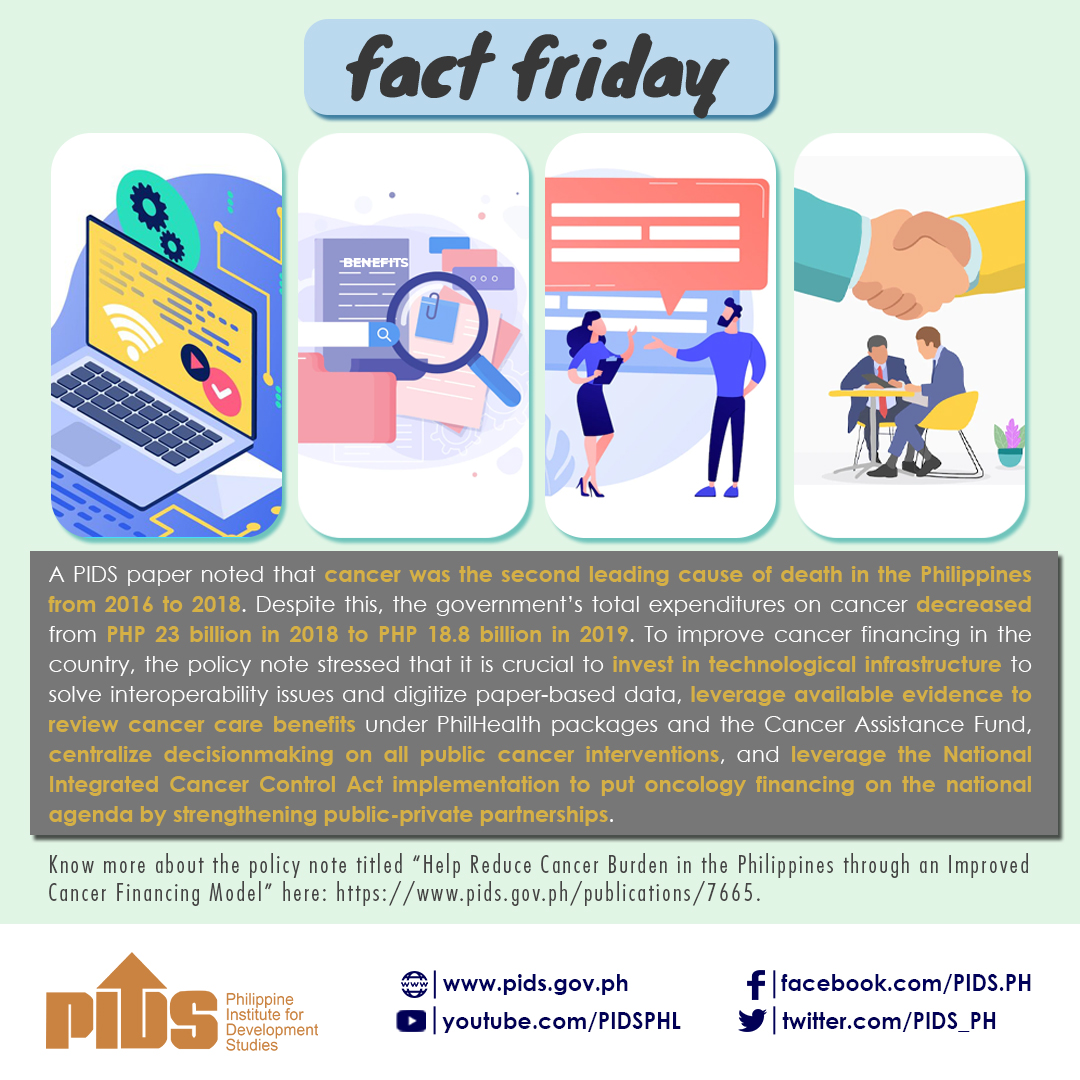MANILA, Philippines—Years of tireless work by health advocates in and outside the government have led to passage of the National Integrated Cancer Control Act (NICCA), a landmark cancer control legislation that aims to increase the rate of cancer survival and reduce the burden on patients and their families.
In the Philippines, cancer remains a significant public health burden among Filipinos. It is still one of the leading causes of death, with over 153,000 new cases and more than 92,000 deaths recorded in 2020.
Although much has already been achieved in terms of finding better treatment and care for breast cancer patients in the Philippines, cancer treatments have been financially catastrophic for thousands of Filipino families, making cancer care inaccessible to many, especially the poor.
A previous study by the Philippine Cancer Society estimates that over 80 percent of Filipino families cannot afford to fund basic medical care out of their own pockets.
In a separate study by the Philippine Institute for Development Studies (PIDS), senior research fellow Dr. Valerie Ulep found that out-of-pocket spending mainly covers direct costs for inpatient and outpatient visits expenses of patients in both public and private hospitals despite available financial assistance from various government sources.
Landmark legislation
Recognizing these concerns and the needs of cancer patients in the country, various civil society groups, patient support organizations, and medical societies pushed for an overarching law to strengthen cancer control efforts and make cancer treatment more equitable and affordable for all — especially for the underprivileged and marginalized Filipinos.
In February 2019, then-President Rodrigo Dutete signed Republic Act No. 11215, or the NICCA, which aims to provide quality and affordable cancer health services and alleviate the financial burden of those diagnosed with the diseases and their loved ones.
Months later, the Department of Health (DOH) signed NICCA’s implementing rules and regulations (IRR).
GRAPHIC: Ed Lustan
“We are one in two countries in Asia with a cancer law passed in 2019. In fact, we are only one in eight countries in the world that have a cancer law,” said Kara Magsanoc-Alikpala, founding president of the ICanServe Foundation — an advocacy group that promotes and conducts breast cancer control programs.
“There are many provisions in the law to help patients. The law has taken a whole-of-society, whole-of-government approach. It’s a comprehensive and integrated law,” she added.
In 2020, a report by The Economist Intelligence Unit noted that the Philippines was among the countries with the most comprehensive national cancer control plans.
It added that the country “stands out as the only lower-middle-income country with a comprehensive plan.”
Promises of NICCA
“The law assures that every cancer patient shall be served regardless of age, race, kind of cancer, cancer stage, gender, or ethnicity. No one is left behind,” Alikpala explained.
“It aims to save lives, improve the quality of life of cancer patients and survivors, and protect patients and their families from financial catastrophe,” she added.
The National Integrated Cancer Control Program under NICCA serves as the framework for all cancer-related activities of the government. It has eight objectives:
- Reduce overall mortality and impact of all adult and childhood cancer
- Reduce incidence of preventable cancer in adults and children;
- Prevent cancer recurrence, metastasis, and secondary cancer among survivors and people living with cancer
- Provide timely access to optimal cancer treatment and care for all cancer patients
- Make cancer treatment and care more affordable and accessible
- Improve the experience of cancer treatment and care of patients and families
- Support the recovery and reintegration to society of cancer survivors
- Eliminate various forms of burden on patients, people living with cancer, survivors, and their families.
NICCA also has several provisions that would benefit cancer patients, survivors, and their caregivers. Among these are the so-called “12 promises of NICCA”, which include:
- Recognizing cancer patients, people living with cancer, and cancer survivors as Persons with Disabilities (PWD) and giving them benefits for PWDs
- Expansion of PhilHealth’s financial assistance for cancer patients
- Establishment of the Philippine Cancer Center, Comprehensive Regional Cancer Centers and Specialty Cancer Centers
- Establish a Cancer Assistance Fund to provide financial assistance for the screening, diagnosis, specialized treatment, and/or rehabilitation of financially challenged cancer patients and people living with cancer.
Hope for breast cancer patients
In an email interview, Alikpala recalled when she was diagnosed with breast cancer 25 years ago when access to information about breast cancer was limited.
At that time, there was nearly no massive information campaign that could explain what breast cancer is, its signs and symptoms, and what to do about a suspicious lump.
“If I were aware, I might’ve caught my cancer earlier. I would’ve asked my doctors the right questions, too,” Alikpala told INQUIRER.net.
“But I didn’t know any better. I just accepted what the doctor said because back then, the doctor-patient relationship wasn’t a partnership yet. It was one way,” she added.
Fortunately, breast cancer patients will no longer have to go through the same experience Alikpala had, not only because of the availability of information on breast cancer and programs initiated by advocacy groups such as ICanServe Foundation but more importantly due to the passage of NICCA.
“NICCA spells out cancer awareness programs to penetrate different situations like schools, offices, and government offices,” Alikpala said.
“This sounds so basic, but when people know when to suspect cancer, what to do about it, or just know the value of a regular check-up, it can save lives and a lot of exorbitant spending,” she said.
Alikpala also noted that NICCA would address the current limitations in medical assistance some government agencies offer.
“[G]overnment agencies that provide impactful medical assistance to patients right now are still biased for those with early cancer stages. The NICCA is for all cancers of any stage,” she explained.
Moreover, NICCA would reduce the out-of-pocket expenses of cancer patients, survivors, and their families by mandating that PhilHealth expand its cancer benefit package.
GRAPHIC: Ed Lustan
“The NICCA promises to expand PhilHealth benefits, the Z package, to include other cancers and those with advanced cancers. The NICCA has added a Cancer Assistance Fund on top of the Cancer Supportive and Palliative Medical Access Program,” Alikpala said.
“These programs are not in full swing or at least not ‘well-oiled’ yet. If all else goes well, this means the out-of-pocket expenses of patients can be reduced significantly,” she said.
However, Alikpala stressed that NICCA’s promises may only be fulfilled if the legislation is fully implemented.
“I acknowledge there have been many gains in the past decade in the breast cancer space more than in any other decade, but our wins today don’t outpace the increases in the incidence of cancer and deaths due to cancer,” Alikpala stressed.
“It will take a lot to outrun and outsmart cancer. It will take a lot of us to make it happen. We need to implement NICCA immediately. We need to work overtime and behave as we did in 2020 when we united and scrambled to find solutions to fight the [COVID-19] pandemic,” she continued.
Full implementation: Are we there yet?
It has been four years since NICCA passed. Unfortunately, it has been set back by the COVID-19 pandemic.
“I have to admit, I wish we could feel the benefits of the law much sooner,” Alikpala lamented.
“I know it’s not easy, and I know there are other pressing concerns for the government, but let’s face it: cancer moves quicker than we can write implementing rules and regulations, road maps, and clinical practice guidelines. It moves faster than we can debate budgets,” she added.
According to Dr. Corazon Ngelangel, the NICCA Strategic Plan — which serves as the blueprint and framework for implementing NICCA — is in phases, with Phase 1 spanning 2021 to 2024.
“The [first four] years was a start-up phase and hence not the full implementation of the law,” Ngelangel told INQUIRER.net.
“As a [low- or middle-income country] LMIC, amidst the sequelae of the COVID pandemic and the demands of the other significant health problems of the country (e.g., cardiovascular [and] metabolic diseases, infection, mental health), it is understandable that as much as we want to, we can only walk, not run,” she added.
A document from the World Health Organization (WHO) Philippines explained that the Strategic Plan aims to develop a communication plan and playbook for the National Integrated Cancer Control Program.
GRAPHIC: Ed Lustan
Dr. Ngelangel, president of the Philippine Cancer Society and professor emeritus at UP College of Medicine, currently serves as a member of the National Integrated Cancer Control Council (NICC Council).
She clarified that while the NICCA is still in Phase 1, significant milestones have already been achieved. Among these are:
- the creation of the DOH Division of Cancer Control
- the expansion of Cancer Cancer and Supportive-Palliative Medicines Access Program (CSPMAP) to cover other cancers [and] additional hospital sites
- the provisions of the Cancer Assistance Fund (CAF)
- the beginning of the Philippine Cancer Center operations and plans for cancer research
- the expansion of the PWD status to those diagnosed with cancer
- a separate DOH budget line item for cancer control
- monthly cancer awareness campaigns
“These last months of 2023 [will be] priming for Phase II (strengthening phase: 2024-2026,” she said.
“The DOH Cancer Control Division has set up a series of Cancer Strategic decision-making workshops on the priority activities that will drive the implementation of the NICC Strategic Plan,” she added.
Fast-track NICCA talks, implementation
In a roundtable discussion last August, Dr. Jan Aura Llevado, Cancer Control Division Chief of the DOH Disease Prevention & Control Bureau, explained that discussions on NICCA between the health department and other government agencies take a lot of time.
“Naubos talaga ‘yung oras namin sa Medicines Access Program,” said Llevado.
(We really spent so many hours on the Medicines Access Program.)
“Procurement [of medicines] is already very tough, [let alone the] back and forth conversations between the Department of Budget and Management and the Department of Health,” she added.
Llevado said they are following the rules and regulations of the government. However, they are also aware of the risks of delaying the processes and the full implementation of NICCA.
“Sabi nga ni ma’am Menchie Auste, ‘maganda naman ang mag-usap pero bilis-bilisan niyo naman ang pag uusap kasi ang kanser mabilis ‘yan’,” shared Llevado.
(Just like what Menchie Auste — Cancer Coalition Philippines vice president for external affairs — told us: ‘It’s okay to have conversations, but we should do it quickly because cancer progresses faster.’)
“[If we fail to act fast], all our cancer patients, unfortunately, will go into conditions we don’t want,” she continued.
When asked about the consequences of delaying the full implementation of NICCA, Dr. Ngelangel noted that the country’s high cancer mortality rate will drain the economy.
“Starting up in an organization run by humans will always come with growing pains,” she said.
“There must always be a group of individuals inside and outside the organization passionate enough to keep on nudging the organization to stay on course and forge the path at a faster pace, with precision,” she added.
Meanwhile, Alikpala and other advocates continue to urge the government to fast-track the full implementation of NICCA.
“[C]ancer waits for no one. The more delay, the more we lose the chance to save a life and keep families intact,” she told INQUIRER.net.


